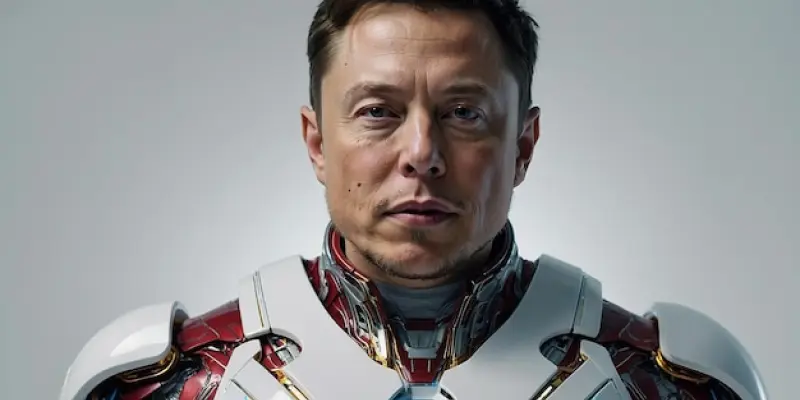The ongoing conflict between OpenAI and Elon Musk, one of its co-founders, has escalated to new heights as recent legal developments highlight the growing tension between them. OpenAI has filed a countersuit against Musk, accusing him of attempting to damage and disrupt the company through public statements and what they call a “sham” takeover bid. This lawsuit aims to prevent further unlawful actions by Musk and hold him accountable for the alleged harm caused to the organization.
In recent years, a legal battle commenced when Musk sued OpenAI and its CEO, Sam Altman, accusing them of prioritizing profit over their original mission of developing artificial intelligence for the benefit of humanity. Although Musk dropped the initial lawsuit in June without providing an explanation, he revived similar claims with a new lawsuit in August. OpenAI dismissed Musk’s allegations as “incoherent” and “frivolous,” arguing that there was no founding agreement that Musk could point to as a basis for his claims.
Legal Battle and Power Moves
In November, Elon Musk stepped up his legal efforts by seeking an injunction to stop OpenAI from becoming a for-profit company. Though a federal judge denied this request, the case will go to a jury trial in Spring 2026. Musk escalated his actions in February with a $97.4 billion bid to take over OpenAI, which the company quickly rejected.
Elon Musk, who left OpenAI in 2018 due to conflicts with Tesla, has had a long history with the organization he co-founded. OpenAI responded to his recent moves by releasing emails showing Musk’s past support for creating a for-profit arm and raising large funds. They also published a blog post detailing Musk’s role in founding his rival AI company, xAI.
This ongoing conflict highlights a larger trend, with Musk frequently taking legal action against OpenAI, accusing it of straying from its original altruistic goals. However, OpenAI rebuts these claims, showing evidence of Musk’s earlier support for profit-driven initiatives. The clash between Musk’s vision and OpenAI’s trajectory spotlights a broader debate on the commercial and ethical development of AI. The tension between Musk and OpenAI not only stirs internal strife but also captures the tech industry’s and public’s attention. Musk argues that OpenAI’s shift towards profit endangers its original mission, while OpenAI sees it as vital for sustainable growth and innovation in AI.
As the legal drama unfolds, it underscores the complexities of balancing ethical considerations with the demands of a fast-evolving tech landscape. The saga shows how influential figures like Musk can sway the direction and perception of tech companies. Ultimately, the battle between OpenAI and Musk reveals stark disagreements about AI’s future. As both prepare for the trial, the outcome will heavily impact the AI industry and its stakeholders.

